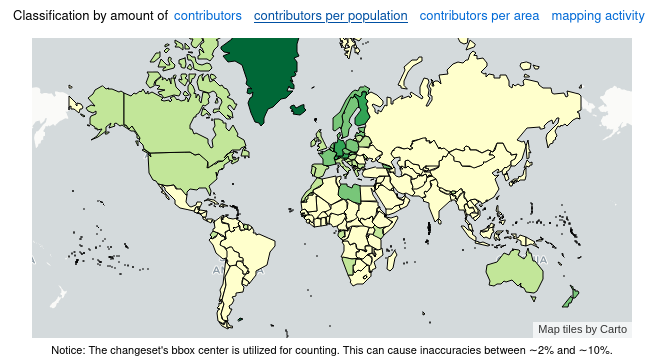We did quite a lot of press work when I was on CWG many many years ago, and it worked.
OSM was at a different stage of its development then. Our main aim was to stimulate adoption of the map by data consumers, so we put together switch2osm and did a bunch of activity around that (of course, Google Maps’ hike in API prices helped…).
I don’t think that’s the challenge today. switch2osm did its job. We now have a lot of developer mindshare and a bunch of service companies for people who don’t want to handcraft everything. OSM is already the default data provider for most apps/sites who want some form of custom mapping solution. We don’t need to labour that point any more.
What we do need to do is drive more, and more diverse, contributions. That means making people aware that the map they already use is OpenStreetMap, and that they can edit it.
You can’t do that without attribution. You can drive more conversions if you do media work around that, and you should. The ideal is that you do some brand work to make people vaguely aware of what OSM is, and then next time they see OSM attribution on a map, they know “oh yeah, I read about that, I can make that better!”. And that absolutely relies on attribution - you don’t get the conversion otherwise. No-one is going to know that Facebook’s map is based on OpenStreetMap (so that’s how they improve it) but Google’s map isn’t, unless Facebook’s map has the word “OpenStreetMap” on it.
